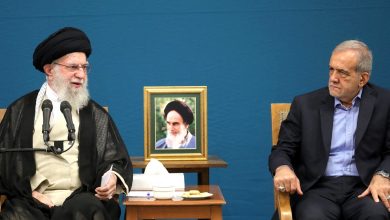A debate is intensifying in Germany regarding the future of Syrian refugees, with officials expressing divergent views on integration and repatriation. Interior Minister Alexander Dobrindt has asserted that Syrian refugees who have successfully integrated into German society and contribute to the workforce should have the opportunity to build their lives in the country. However, he emphasized that those who fail to integrate should return to Syria.
In statements made to Der Spiegel magazine, Dobrindt stated, “Those who integrate and work have prospects of staying. Those who do not integrate and do not work, the prospect is that they return to Syria.” He stressed that German policy towards Syrian refugees must differentiate between those who abide by the law and contribute to society and those who do not.
Dobrindt, a member of the Christian Social Union (CSU), which, along with the Christian Democratic Union (CDU) led by Friedrich Merz, forms the “Christian Union” – the largest partner in Germany’s ruling coalition alongside the Social Democratic Party (SPD) – indicated that his ministry is working to reactivate deportation procedures to Syria. “As soon as an agreement is reached on this, we will begin deporting criminals and those who pose a security risk,” he stated, adding that discussions are currently underway with European partners to determine the appropriate mechanism for this.
Meanwhile, Merz is reportedly pushing for the acceleration of deportation processes. Foreign Minister Johann Wadephul’s recent comments have sparked controversy within the Christian Union. During a visit to a war-torn district of Damascus, Wadephul expressed doubts about the possibility of a large number of Syrian refugees voluntarily returning in the near future, given the extent of the destruction in the country.
Wadephul added that “very rare cases involving serious criminals could be handled by returning them to Syria.” These statements come amid a growing debate in Germany about the future of Syrian refugees, between calls for stricter immigration policies and humanitarian demands to maintain temporary protection for refugees. The discussion reflects a broader tension between security concerns and the obligations to provide refuge to those fleeing conflict and persecution.
The situation remains fluid, with ongoing negotiations and policy discussions shaping the future of Syrian refugees in Germany. The outcome will likely depend on a complex interplay of political considerations, security assessments, and humanitarian concerns. DZWatch will continue to monitor this developing story and provide updates as they become available.




